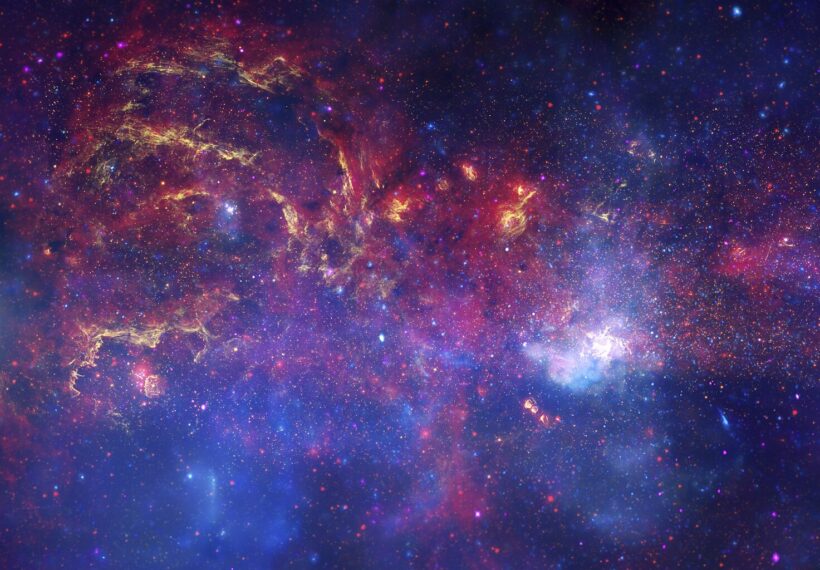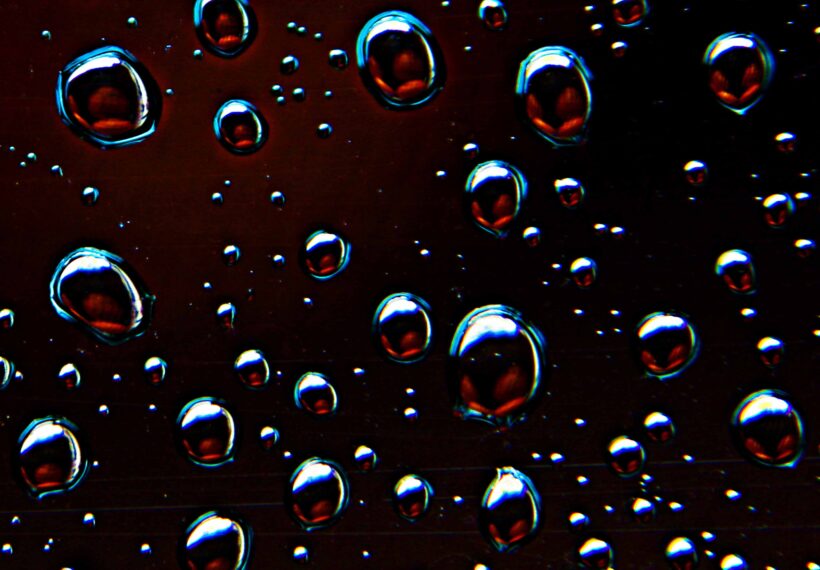

What happens when everyone knows what everyone knows? Neil deGrasse Tyson and comic co-host Chuck Nice dive into human psychology and how recursive common knowledge is the invisible glue holding civilization together with cognitive scientist and author, Steven Pinker.

What does Hawking radiation look like falling into a black hole? Will we ever find a theory of everything? Neil deGrasse Tyson and comedian Chuck Nice answer questions about invisible fields, many worlds, entropy, the theory of everything, and more with theoretical physicist and philosopher Sean Carroll.

Is time dilation just the data loading in a cosmic simulation? Neil deGrasse Tyson and Chuck Nice answer grab bag questions about saving the Sun, generation spaceships, bubble universes, and more!

Is time fundamental to the universe or a human construct? Neil deGrasse Tyson, Chuck Nice, and Gary O’Reilly explore our brain’s relationship with time, how we remember the past, and project the future with Dean Buonomano, Professor of Neurobiology and Psychology at UCLA.
